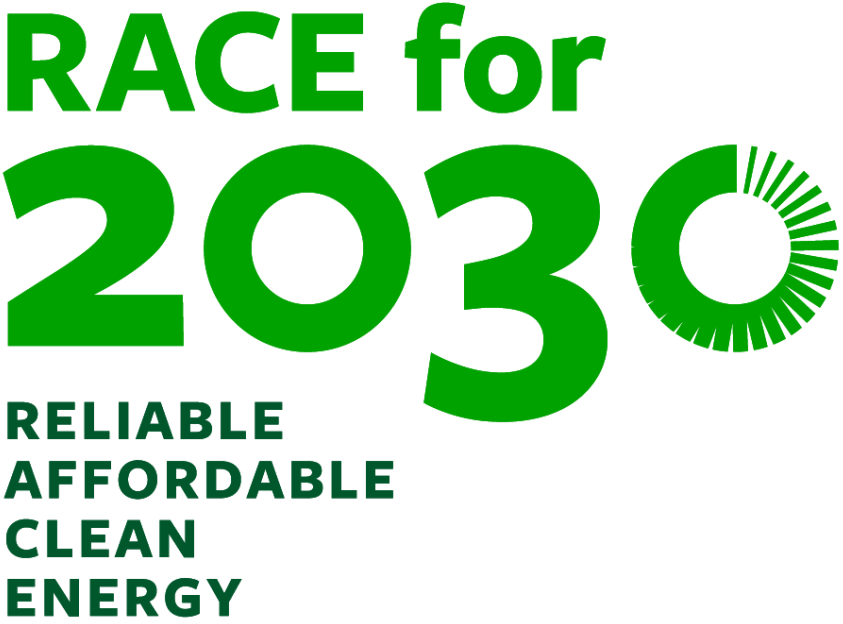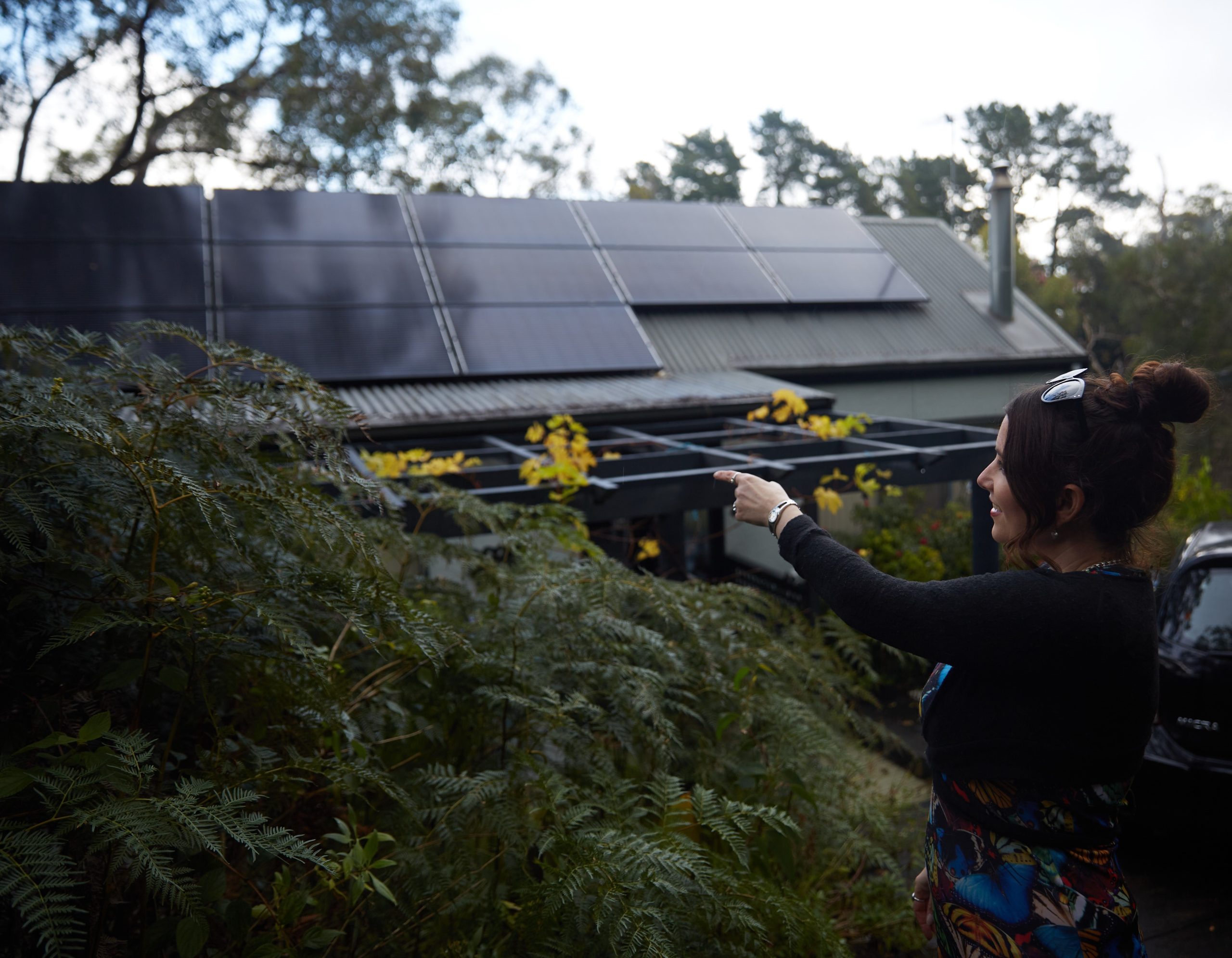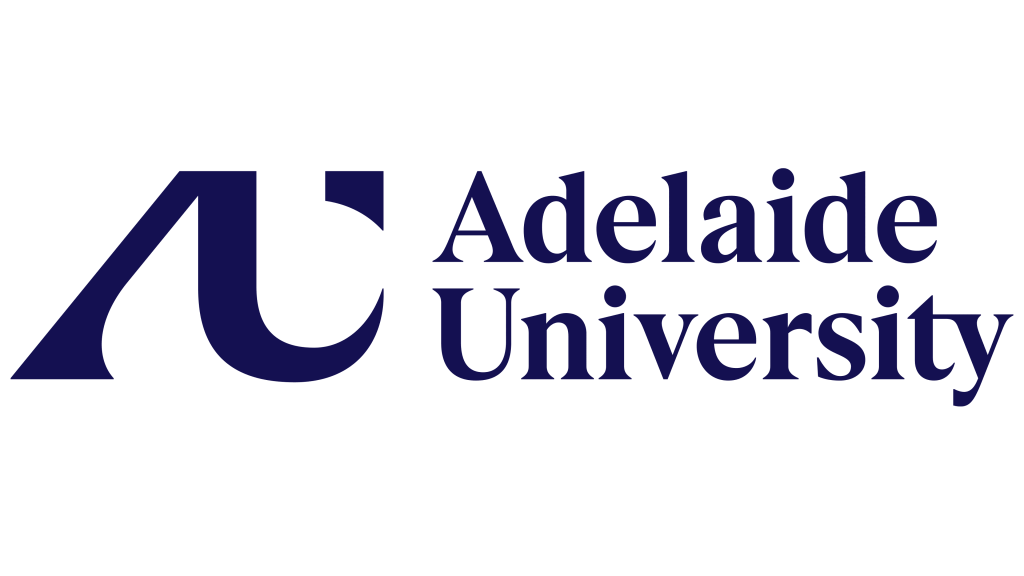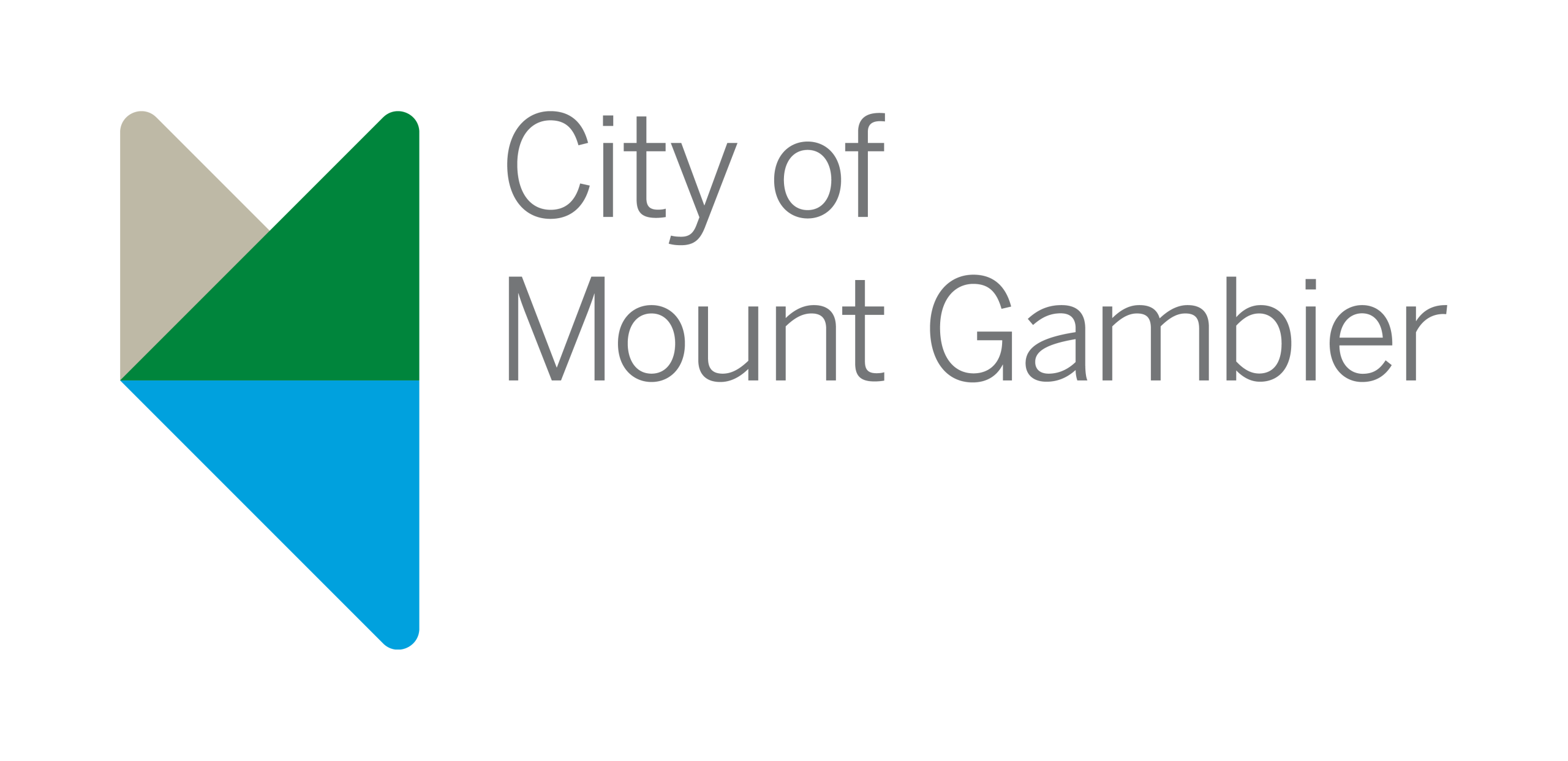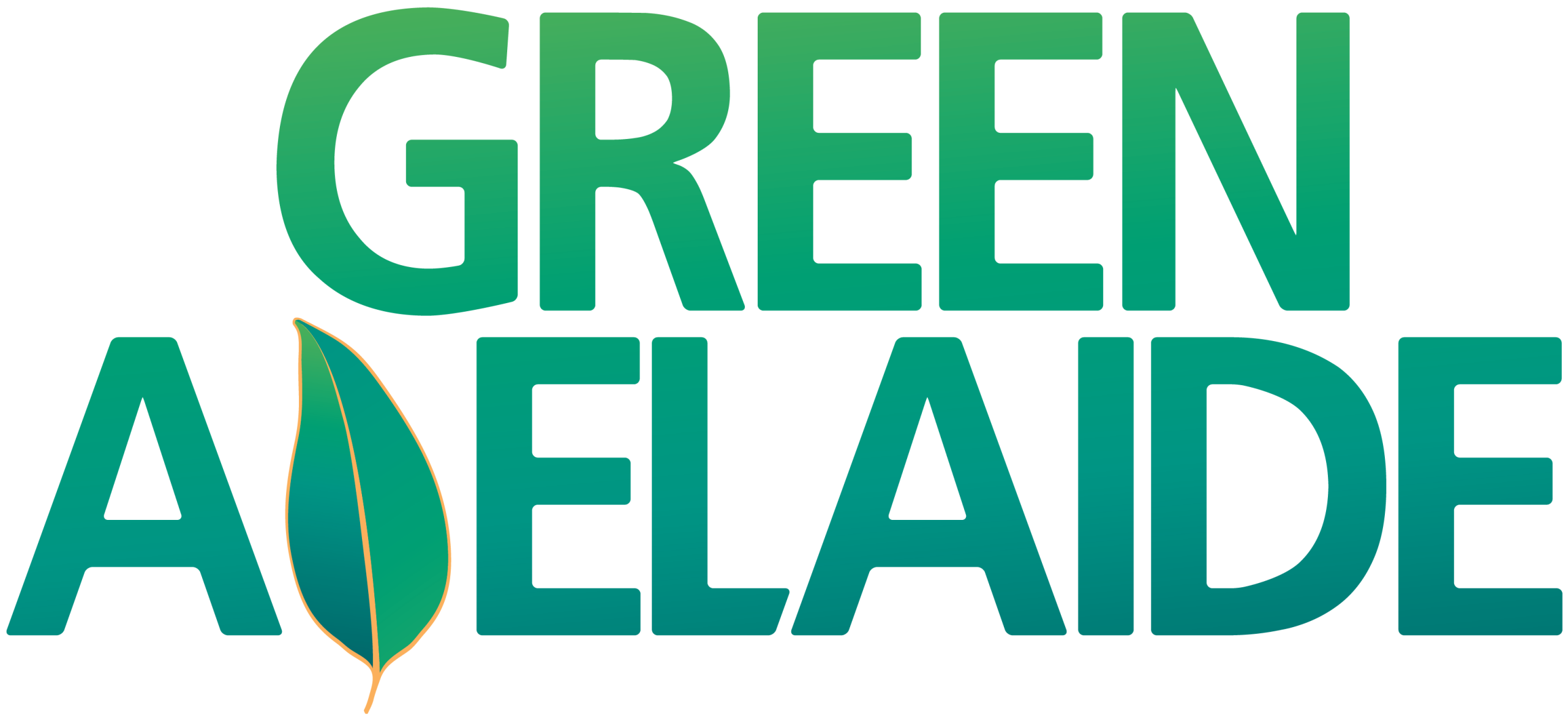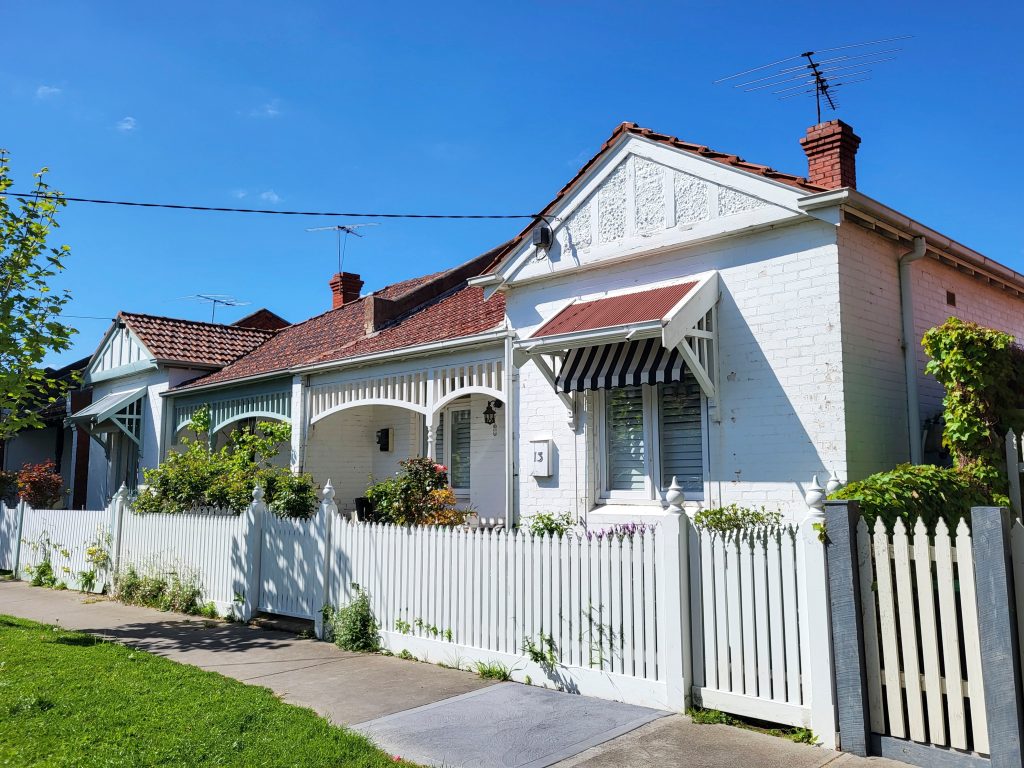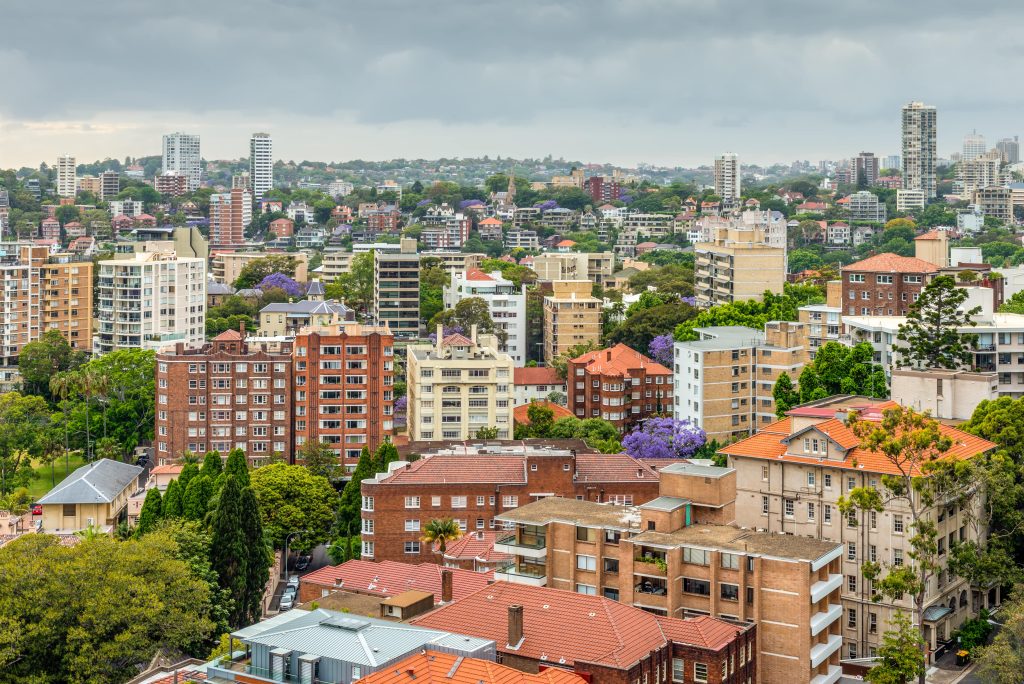Chief Investigator:
Dr Keri Hopeward (Adelaide University)
Purpose of project
As the world nears the 2030 target date for achieving the Sustainable Development Goals, progress is falling short—especially on climate and sustainability. Australia continues to rank among the highest globally in per capita emissions and ecological footprint.
In response, Living Lightly Locally is a participatory community program, aimed at building household and regional resilience while living regeneratively within planetary boundaries.
The project centres on a 12-month adult education program designed to empower households to reduce energy use and adopt more sustainable lifestyles. Each month a new theme will be introduced—ranging from household energy to broader sustainability issues—helping participants explore their aspirations, identify barriers and enablers to change, and co-create visions for a regenerative future.
Participants engage through self-audits, diaries, and a regional community network mapping exercise. Insights are analysed using a ‘stories of change’ methodology, revealing how individual and collective actions can drive broader systemic shifts. These findings will inform future policies aimed at scaling low-energy, high-impact behaviours.
Impact of project
Australia’s per capita emissions and ecological footprint remain among the highest in the world. While local governments are taking commendable action to reduce their own operational carbon footprints, council operations typically account for just 0.03–0.04 tonnes of CO₂ equivalent per resident annually—around 200 times smaller than the footprint of an average Australian household. Strengthening household and community engagement is therefore crucial to achieving deep, systemic change.
Living Lightly Locally empowers households to take action at individual, household, and community levels, addressing both direct and indirect environmental impacts. By helping participants understand and act on their personal carbon, water, and ecological footprints, the project aims to replace a sense of overwhelm with a sense of agency and collective purpose.
While direct cost savings are expected for energy-related categories, the broader goal is behavioural: supporting regenerative living within planetary boundaries. Initial projections assume modest participation (15 households per LGA in 2026) but expect the cumulative impact to grow steadily through local program delivery, social diffusion, and community activation.
By drawing on Community-Based Social Marketing principles, the program fosters positive social norms and empowers households to be agents of broader system change. This bottom-up approach complements local government strategies, providing councils with a powerful lever to multiply the impact of their corporate emissions reductions while building stronger, more resilient communities.
Project partners – industry and research
Status
- In Progress
Project Leaders
- Keri Hopeward
Completion Date
January 2028
Project Code
0523
